One of the on-camera interviewees describes the incidents at Tantura as having been not merely buried but destroyed. Willed forgetting is the movie’s focus, and the film predictably has limited success in attempting to compel remembrance in most of its participants, who tend to retreat into variants of, “Well, it was war, and bad stuff happens in war,” or “It was a long time ago,” or “We were trying to found a nation so we wouldn’t have to go through another Holocaust,” or “The Arabs were ruthless, so we did what we had to do.”
Every existing nation is founded to some extent on the agonies of murdered and displaced prior residents, the United States included, and the descendants of the winning side always say things like that. So it’s not a surprise that they get repeated here, much less to learn that there were subsequent attacks on Katz’s thesis, including a reevaluation by the rector of Haifa University that called his research methods and his advisors’ oversight of them flawed, and concluded that there was no way to prove that over 200 people were killed, the number might’ve been as low as 40 or 50, and it was impossible to establish that every single one of them was a murder victim.
Filmmaker Alon Schwarz was aware of the political minefield he was walking into by choosing this subject, and that’s undoubtedly why the storytelling treads lightly. The result is a bit fragmented and unfocused in its arrangement of different voices, at times letting things “drop,” as one soldier on the audiotape repeatedly puts it, when pushing and probing might have yielded more insight. (Maybe Schwarz didn’t feel he could push things further because so many of his camera subjects were in their eighties and nineties and were already uncomfortable being challenged.) And while one understands why only Israelis were interviewed—Schwarz seems to be going for something like the Claude Lanzmann and Marcel Ophuls Holocaust documentaries that confronted perpetrators and enablers of war crimes—there are points when the viewer might still wonder if the result would have been richer, though messier and more explosive, if he’d widened the pool of subjects (remember, the demographic makeup of Katz’s original batch of tapes was 50/50).
You can view the original article HERE.

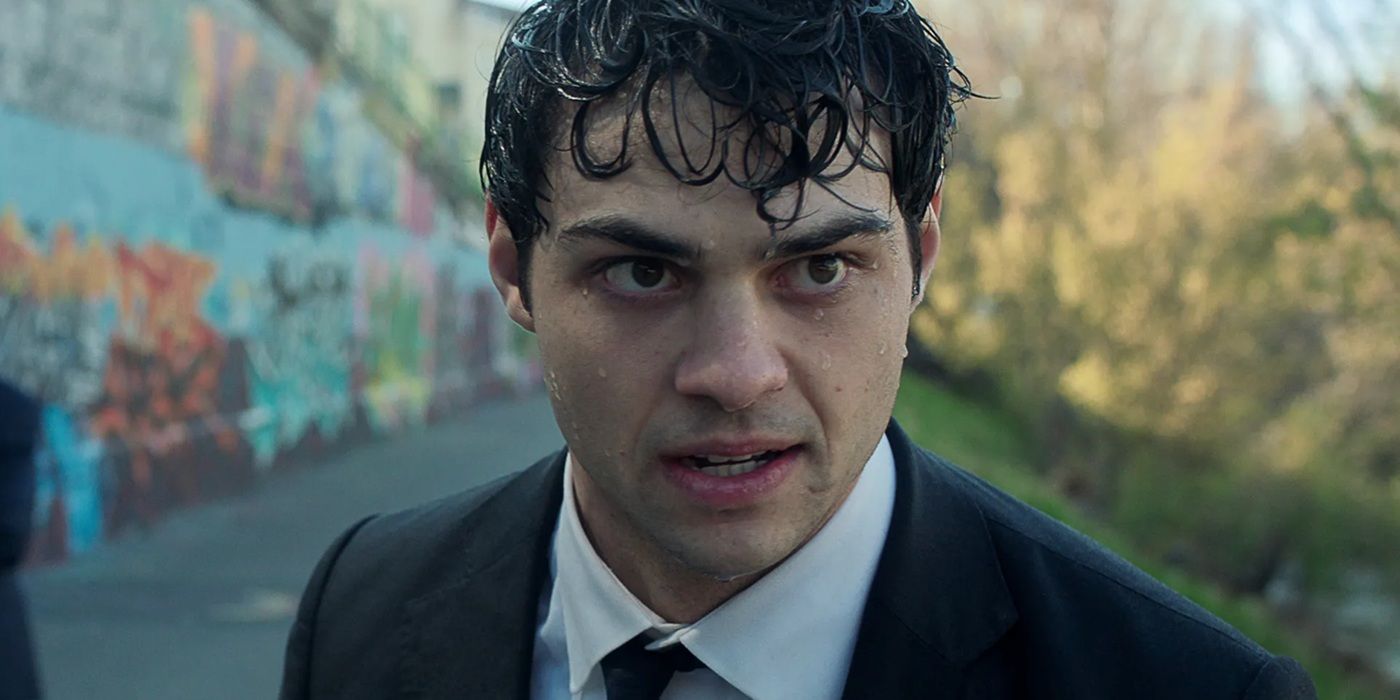



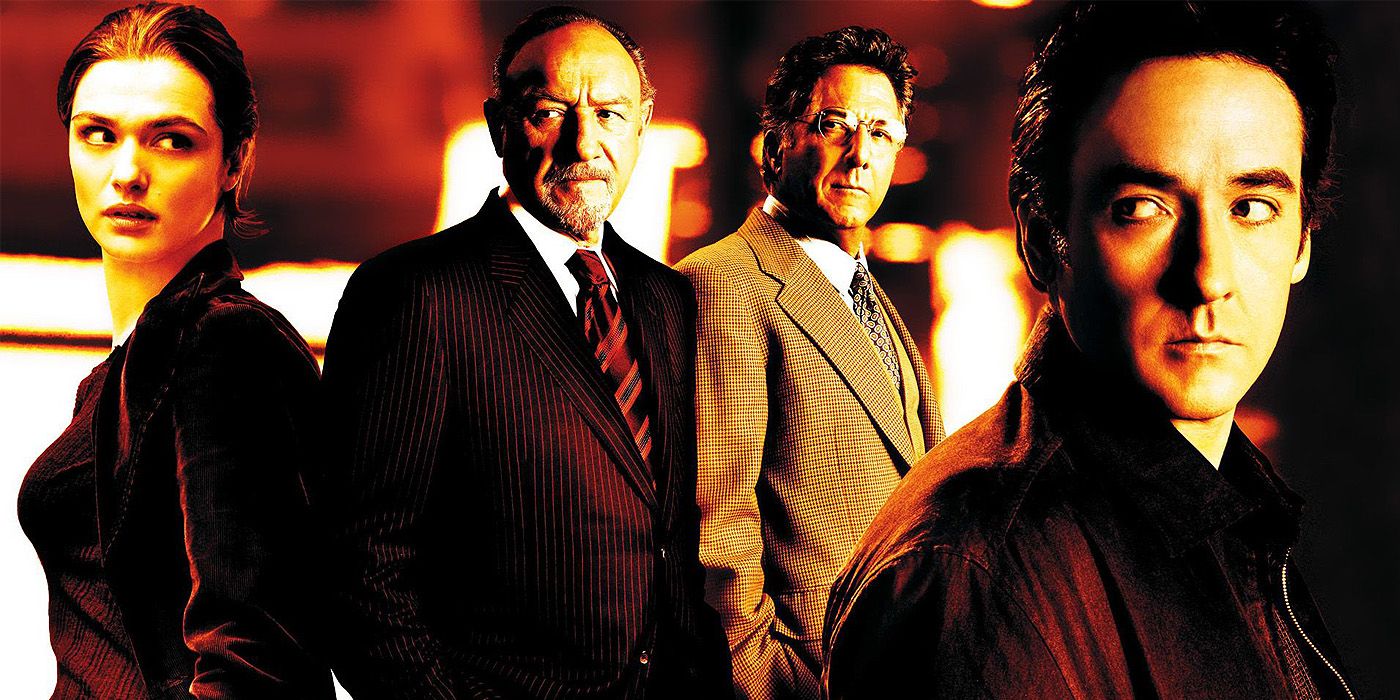
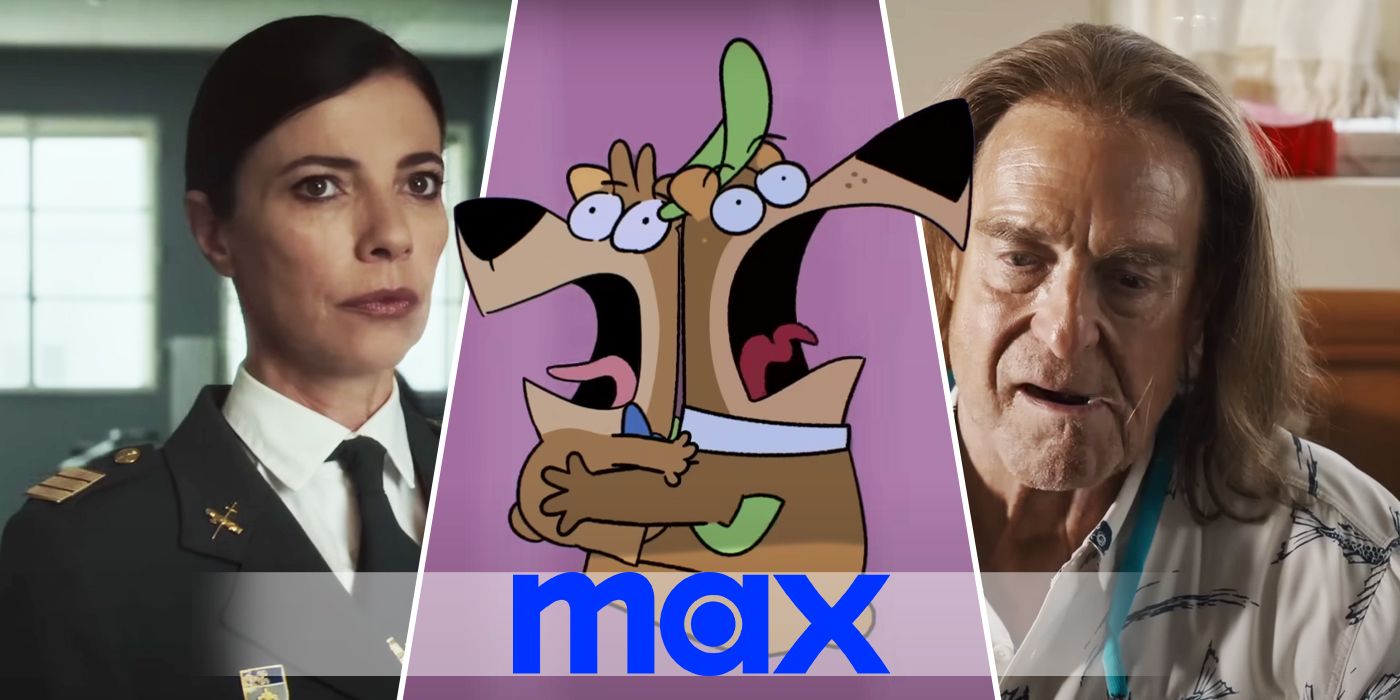

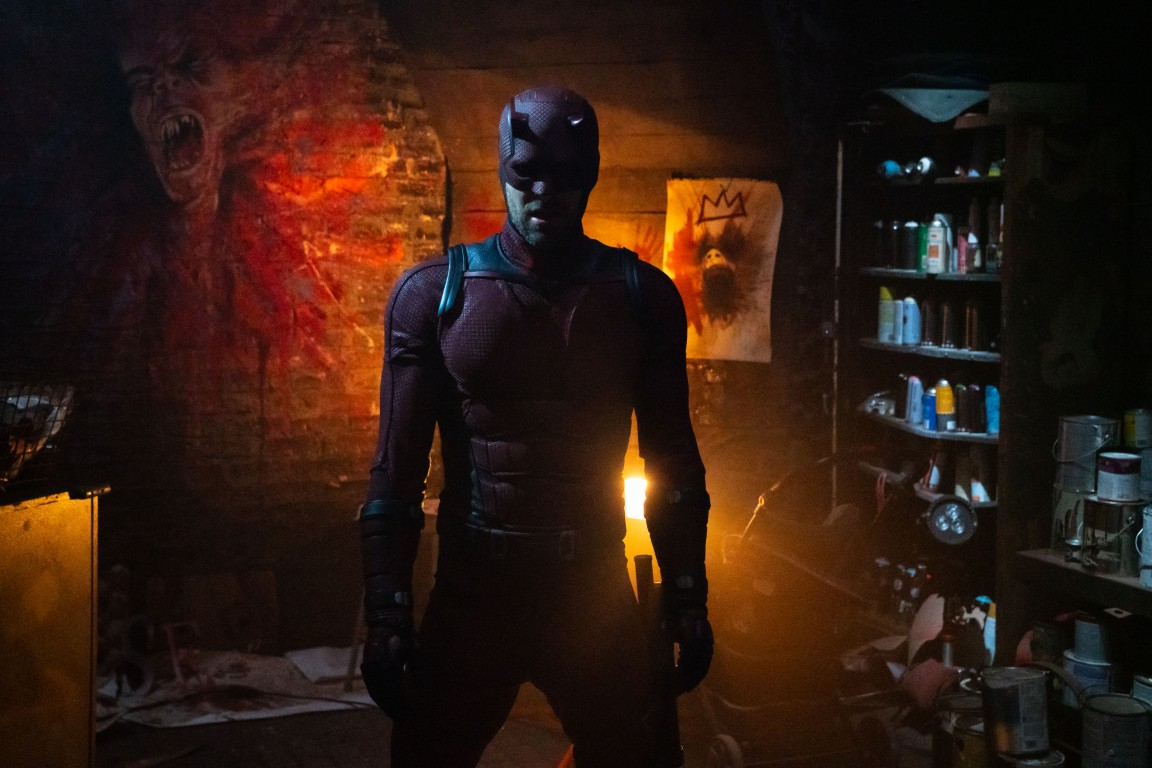



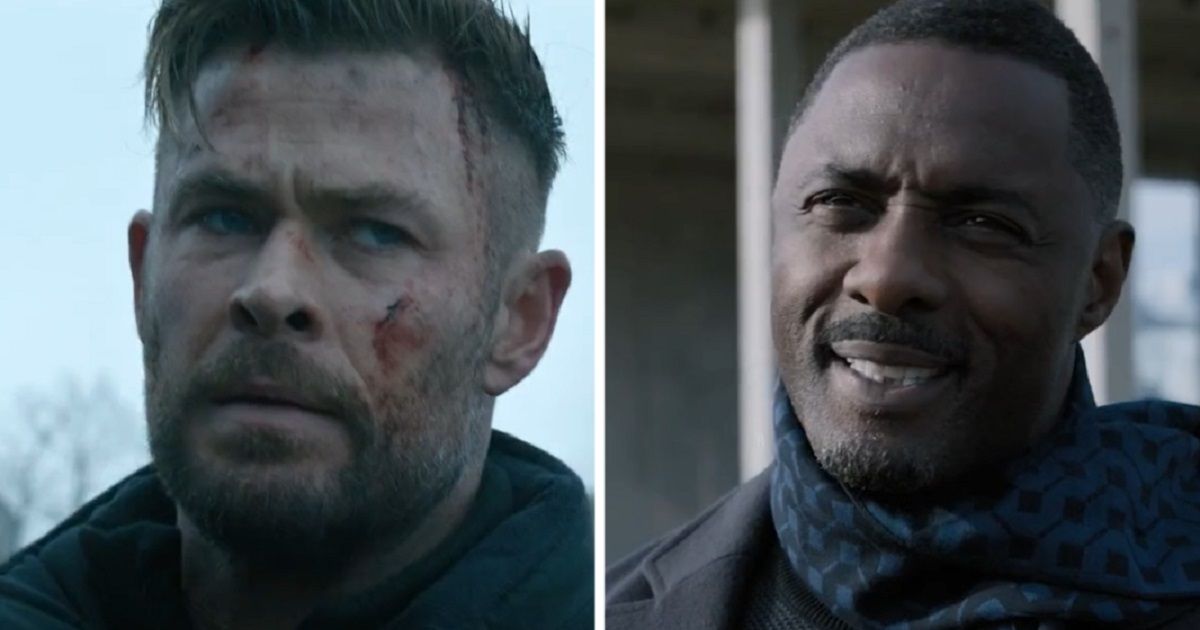
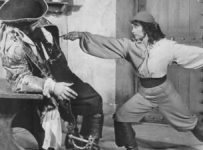
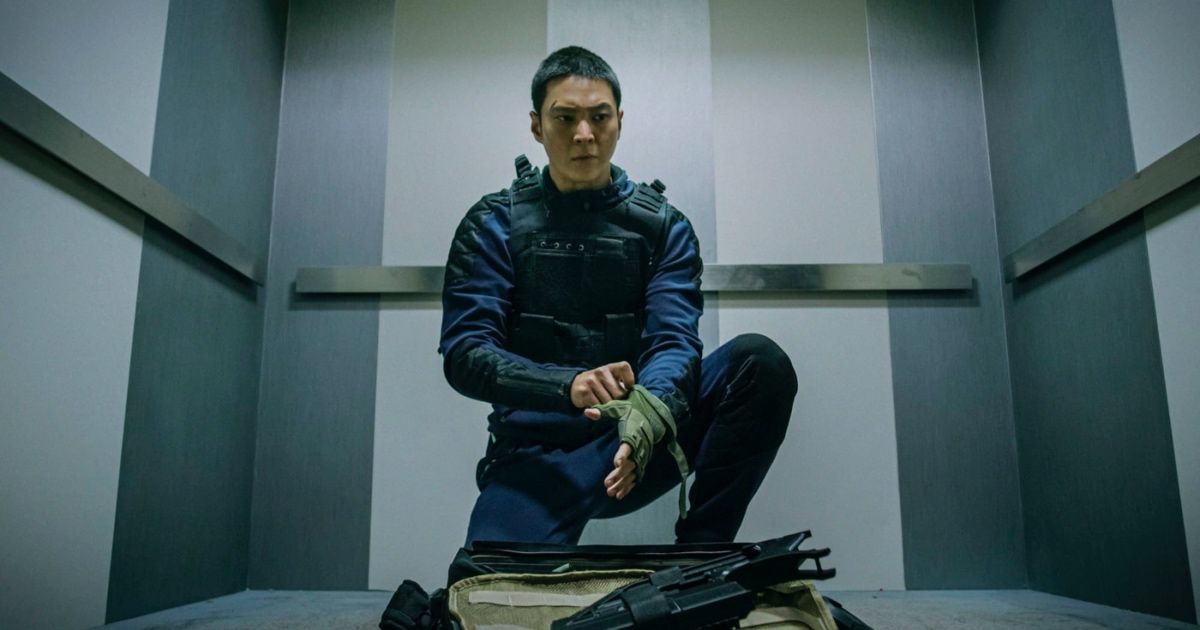

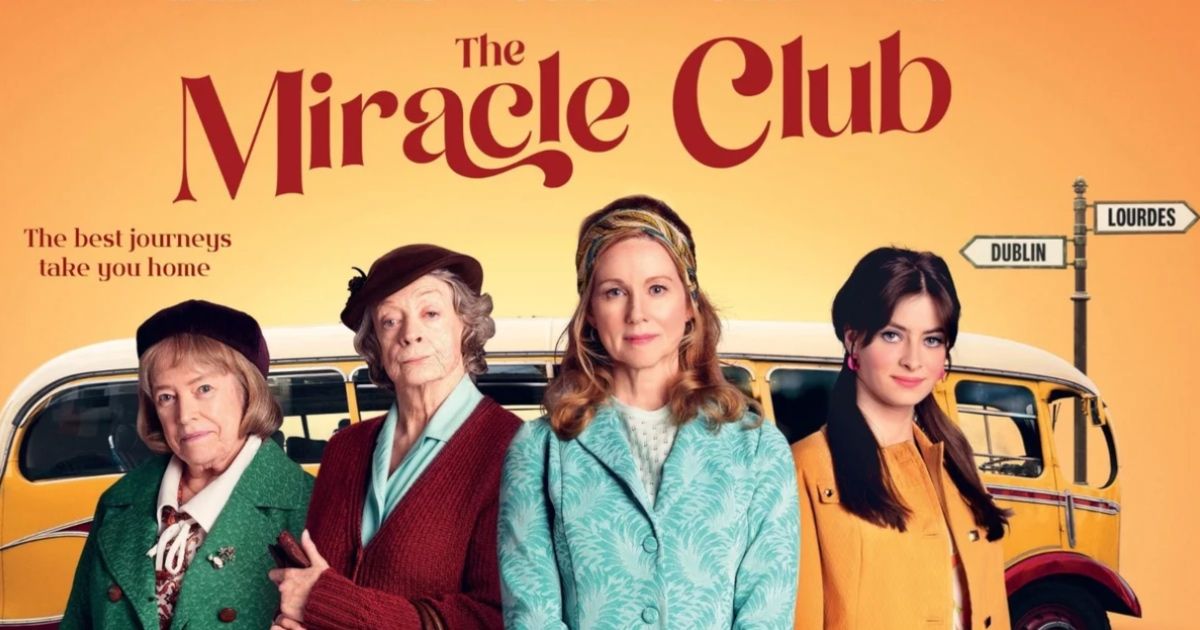


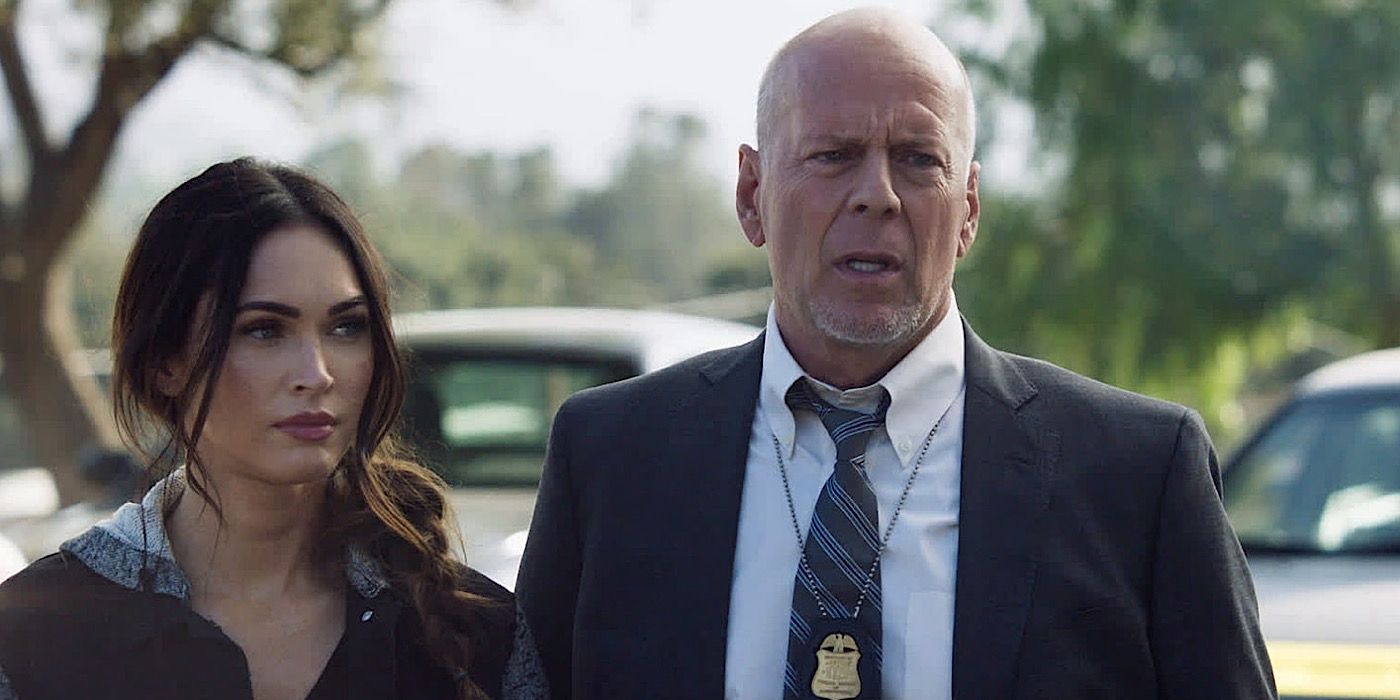







:quality(85):upscale()/2025/03/04/010/n/1922564/e4e30ef267c789a5161212.31191204_.png)
